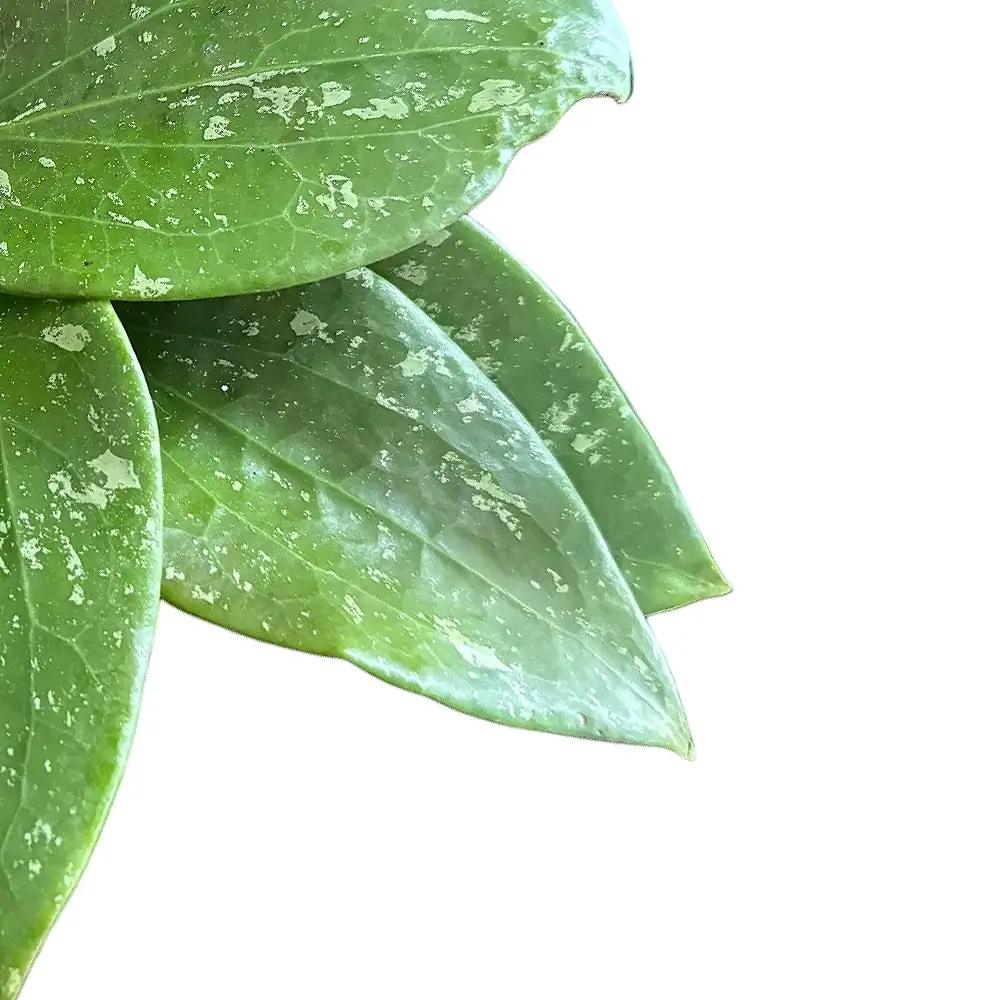Syngonium podophyllum 'Mouse Ears' is a stunning smaller-leaf Syngonium with beautiful, frosted green leaf blades and dark green leaf margins. Juvenile plants show much more green which gradually dissapears as the plants mature
It is a cultivar of Syngonium podophyllum Schott.
Syngonium are climbing epiphytic or hemiepiphytic herbaceous evergreens native to humid forest floors of Central and South America. Juvenile leaves are simple and arrowhead in shape, whereas mature leaves are compound with elliptic shaped leaflets. Due to their colored foliar variegation and tolerance to low light levels, syngoniums in their juvenile stage have been grown as ornamental foliage plants and used for interior plantscaping Among the recognized species, S. podophyllum Schott, commonly known as arrow-head vine, is one of the most widely produced plants in the foliage plant industry.
Genus name form new Latin, name of the genus comes form the Greek words σύν ( syn - plus, z) and γονή ( gone - gonada) and refers to the fused ovaries of female flowers.
Syngonium podophyllum 'Mouse Ears'
You will receive the plant in the pictures*. If there are more options available, please select one to see the relevant plant pictures.
If you require more information, details or photos of a particular plant, please don't hesitate to contact us, we are happy to help.
*The first picture is always a representative picture.



















